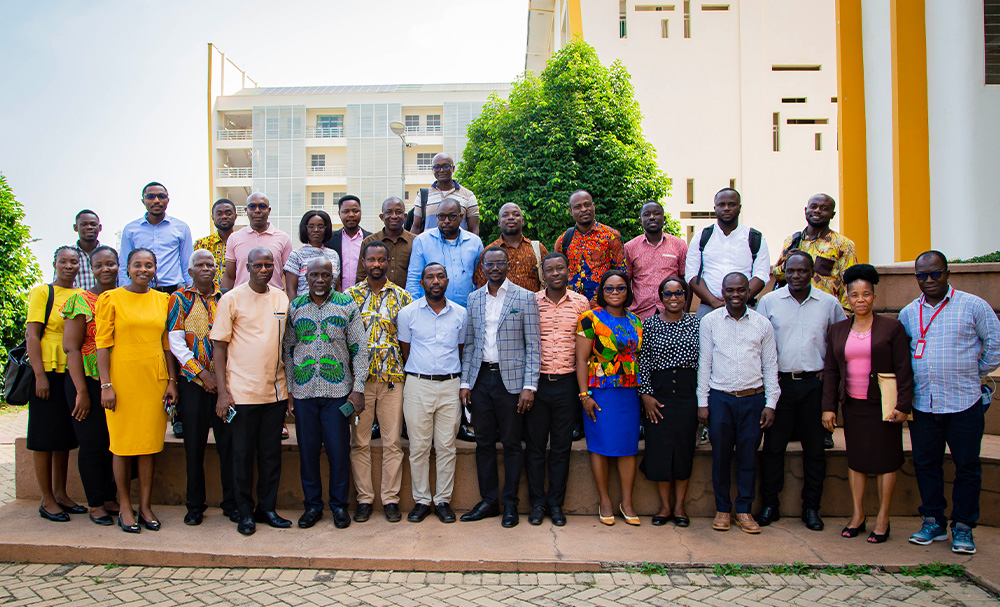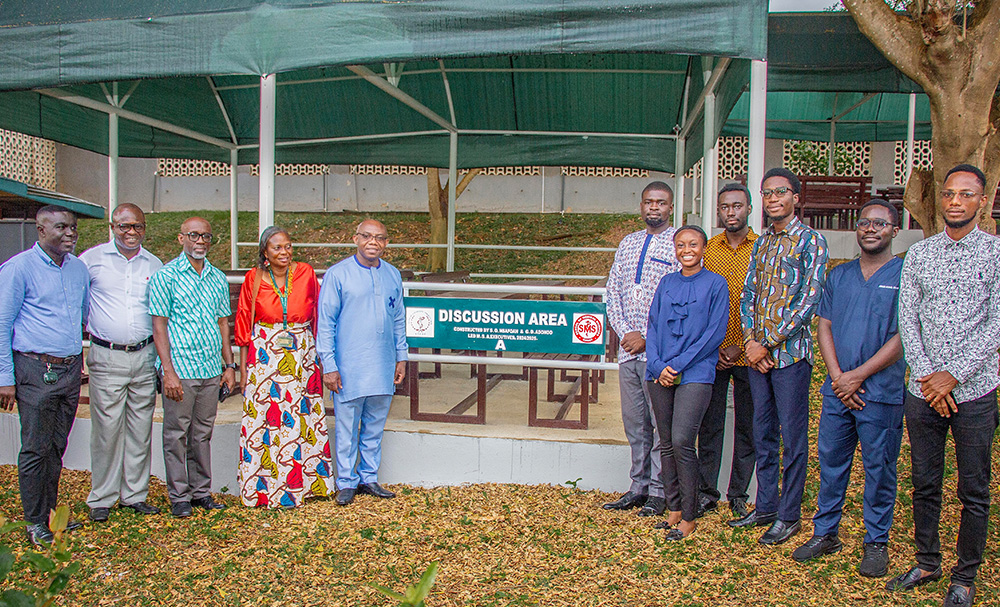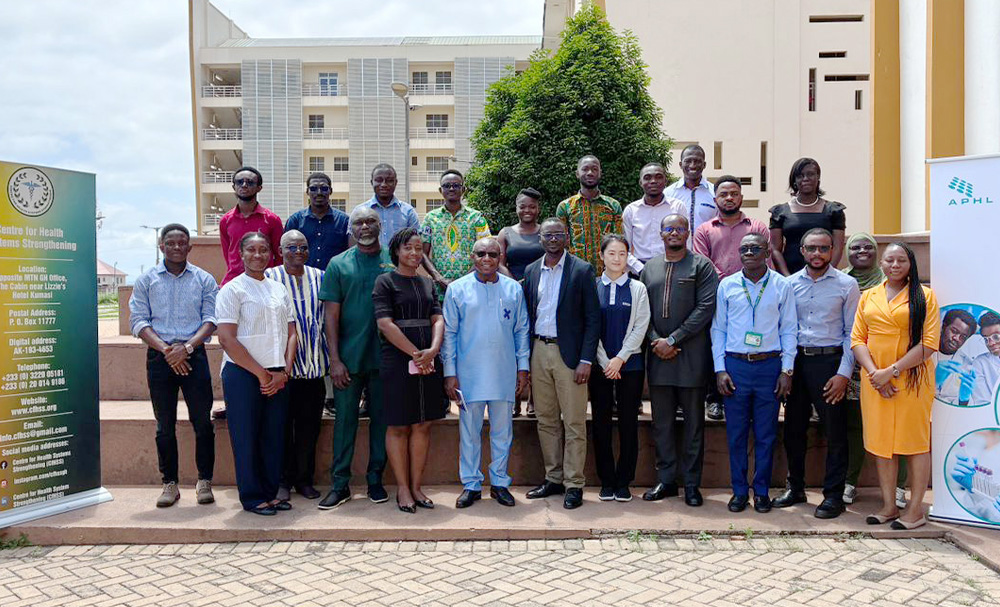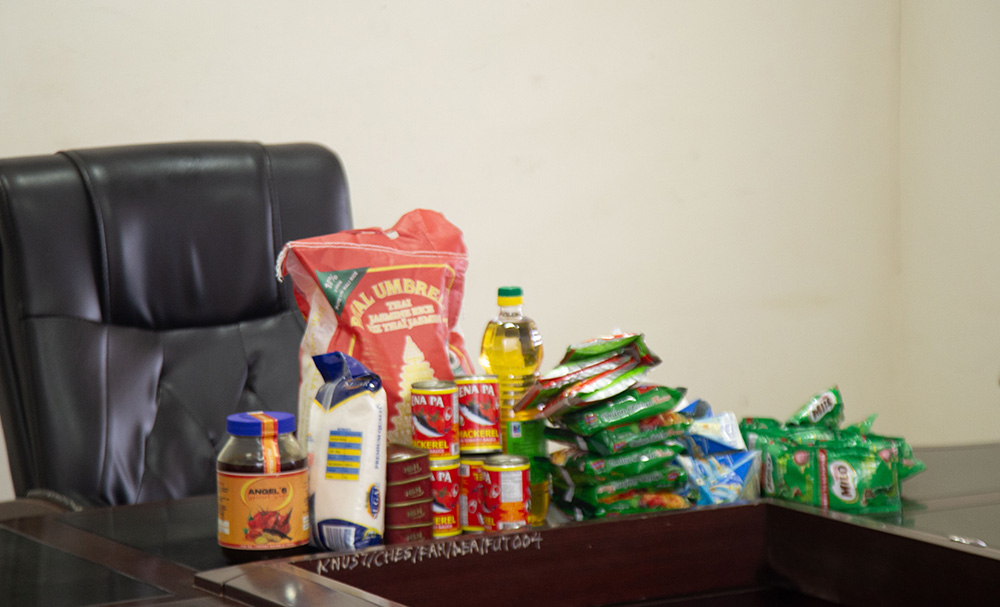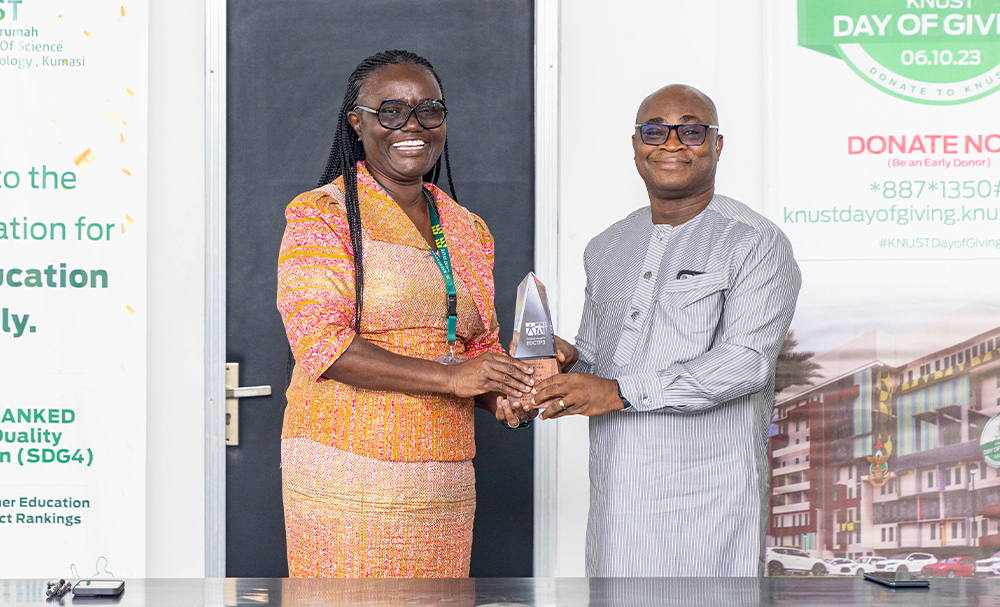Pregnancy and childbirth are risk-producing events that require timely and adequate medical intervention for women. Among major contributors to maternal mortality are infections and pandemics pose a greater risk, including COVID-19. A study to explore the experiences of clients and healthcare providers on the delivery and use of maternal health services during the COVID-19 pandemic in the Ashanti Region was presented by researchers from the Department of Nursing and the School of Public Health of the Kwame Nkrumah University of Science and Technology (KNUST).
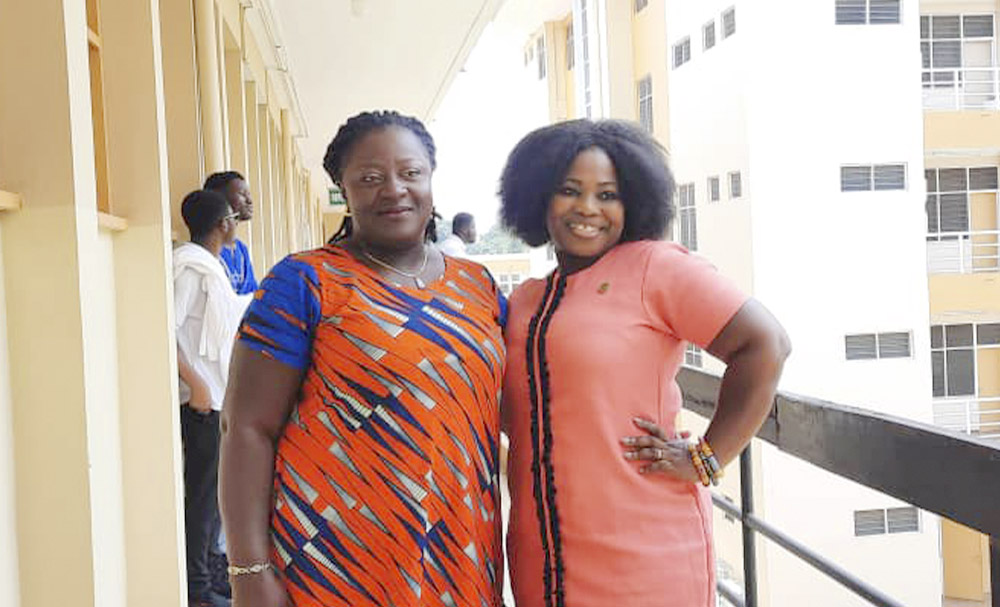
A project funded by the KNUST Research Fund (KREF) revealed that limited data are available on COVID-19 in pregnancy, but evidence from other pandemics showed that more severe forms of the disease were recorded in pregnant women. Since the emergence of COVID-19 in Ghana, protocols have been recommended and implemented to prevent and control the spread of the disease. It is unclear how pregnant women adapt to accessing antenatal and delivery services during the COVID-19 pandemic. There is also limited empirical evidence in Ghana on how providers of maternity care have modified service provisions to accommodate the implementation of COVID-19 protocols and their experiences as frontline workers with an increased risk of infection.
The descriptive phenomenological study was conducted in 4 health facilities in the Ashanti region. In-depth interviews were held with 24 women receiving antenatal and postnatal care, and 30 midwives and nurses providing maternal health services; including those who were infected with the virus. Audio-recorded interviews were transcribed verbatim and deductively analysed.
In the study, clients were aged between 21 and 38 years and most of them were married. Staff were between 26 to 55 years old and most were married. Five themes were generated from the client interviews and 11 themes from the staff interviews. Clients’ narratives included the effects of COVID on access to care, additional services during COVID, challenges faced and expectations from management and government. Staff narrated the demanding nature of antenatal care, balancing benefits and risks, masking up as the ticket for entry, an extra budget for PPEs for service delivery, the nice experiences and the bad experiences.
Clients who received antenatal and postnatal care and health workers who provided services during the COVID-19 pandemic had diverse experiences. There is a need to strengthen maternal care provision at all levels to enhance service delivery during future pandemics.
The project team members are Mrs. Alberta Lomotey, Dr. Abigail Kusi-Amponsah Diji, Dr. Rose Odotei Agyei, Ms. Joan Kyei-Dompim, and Professor Victoria Bam.



